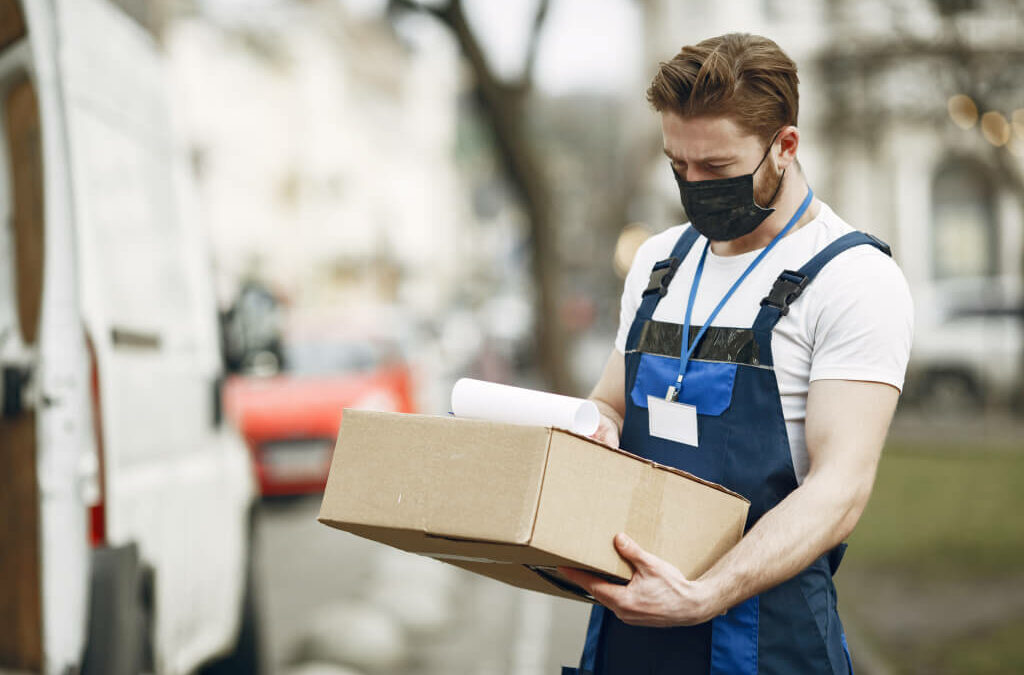You may have seen cars driving around with a sign saying “Urgent Blood” and the logo of a healthcare organisation such as a pathology clinic. Most likely, it would be driven by a medical courier. The job of a medical courier, or a pathology courier, is similar and yet somewhat different to a general road courier (e.g. one that transports large items) or delivery driver.
Types of Employment
While couriers are generally employed by courier or delivery companies, or are self-employed subcontractors, medical couriers would most likely be employed by a healthcare organisation. It is very common for organisations such as hospitals and pathology providers to operate at more than one location, and medical couriers often transport items from one location to another within the organisation. This contrasts with a general courier, whose work could take them all over the place, picking up and delivering goods from many different sorts of locations.
Types of Deliveries
Couriers in general can deliver just about anything, from documents to goods ordered online. Time is of the essence for them as they will often be paid per delivery; so the more deliveries they can make, the better they will be paid. In most cases the customer is paying for fast delivery as a convenience. However, when working as a medical courier, timely delivery can literally make the difference between life and death for a patient, or at least affect their recovery.
For example, a patient may have a blood test at a pathology collection service to determine the cause of their illness. The medical courier may need to transport the blood sample to a laboratory for testing. Obviously the quicker the treating health professionals receive the blood test result, the quicker appropriate treatment can begin.
Transporting such pathology samples would generally form the bulk of the workload of a medical courier. They could also pick up blood donations and deliver them to where they will be needed. Pathology samples and other such items usually need to be kept cool or refrigerated, and delivery vehicles will have insulated coolers or fridges for this purpose. The expression “cold chain” is used in this context to mean that the items are kept cool the entire time, and this is the responsibility of the medical courier during the pick-up and delivery process. The items are often fragile and need to be handled with care, following instructions given.
Challenges Facing Road Couriers
Both general and medical couriers face the daily challenge of traffic. Peak hour, roadwork and car accidents can greatly increase the time needed for pick-ups and deliveries. Some of these can be planned for, whereas others may be totally unexpected. As mentioned above, a delay for a medical courier is not only inconvenient, but can affect the health of patients whose pathology samples are being transported. In addition, any delay or other incident such as a faulty refrigerator that leads to a breakdown in the “cold chain” could have an adverse effect on the samples meaning the tests may need to be repeated.
Importance of Medical Couriers
In addition to the responsibilities of a general courier, medical couriers play an often-overlooked role in patient health. They ensure timely and secure delivery of medical specimens, samples, supplies and documents between healthcare facilities, laboratories, pharmacies and patients. Their efficient and reliable services contribute to accurate diagnoses, treatment and overall patient care.

